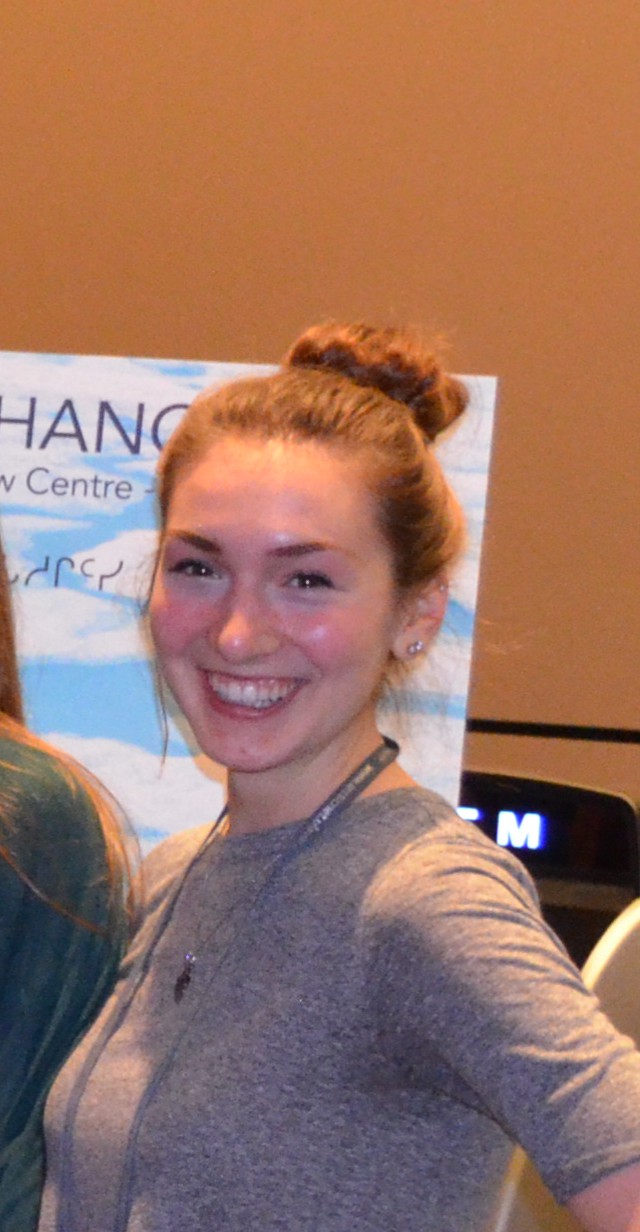Reflection by Alexandra Sawatzky
 As today was the final day of the Arctic Change conference, it was especially difficult to choose which sessions to attend. I ended up deciding to attend a series of talks entitled “Why the Health Care System Needs to Be Closer to Inuit Perspectives”. A broad theme that emerged from each of the four speakers was the essential role of listening in order to communicate in meaningful, culturally sensitive ways.
As today was the final day of the Arctic Change conference, it was especially difficult to choose which sessions to attend. I ended up deciding to attend a series of talks entitled “Why the Health Care System Needs to Be Closer to Inuit Perspectives”. A broad theme that emerged from each of the four speakers was the essential role of listening in order to communicate in meaningful, culturally sensitive ways.
First, Dr. Johanne Morel, a paediatrician who has worked with Inuit communities in Northern Quebec for around 33 years, spoke about how cultural and language barriers often hinder quality of care. She emphasized the importance of recognizing cultural gaps in healthcare practice, as well as looking at access to healthcare from a wider perspective, towards trans-cultural and psychological access to care.
Following Dr. Morel, Minnie Grey, executive director of the Nunavik Regional Board of Health and Social Services, gave her insight on cultural sensitization aimed to non-Inuit workers in the medical sector. She demonstrated how Inuit today are effectively challenging the ideas of “outsiders” in order to implement services and programs that are aligned with their needs and values.
Next, Michèle Therrien talked about her role as a professor of language and Inuit culture, focusing on how words are an integral part of our wellbeing. She began her session by using the term “apurniq” – something coming up against something else – to describe the situation of non-Inuit researchers and healthcare providers who work choose to work in Inuit communities. Essentially, her main message was that different languages represent different systems of knowledge, and that the way we communicate can heal both the body and mind.
Jennifer Watkins, also of the Nunavik Regional Board of Health and Social Services, concluded the session by discussing the sharing of Inuit values. From her perspective, it’s possible to solve conflicts in harmonious ways despite coming from different worlds – to bridge cultural gaps, we need to start by listening, empathizing, and reflecting on how we communicate.
Overall, although it’s difficult to sum up my entire experience at Arctic Change, I can honestly say that I’m leaving feeling both humbled and inspired. I’m incredibly grateful to have had the opportunity to attend this conference, and I’m looking forward to continue working and collaborating with such a talented team!